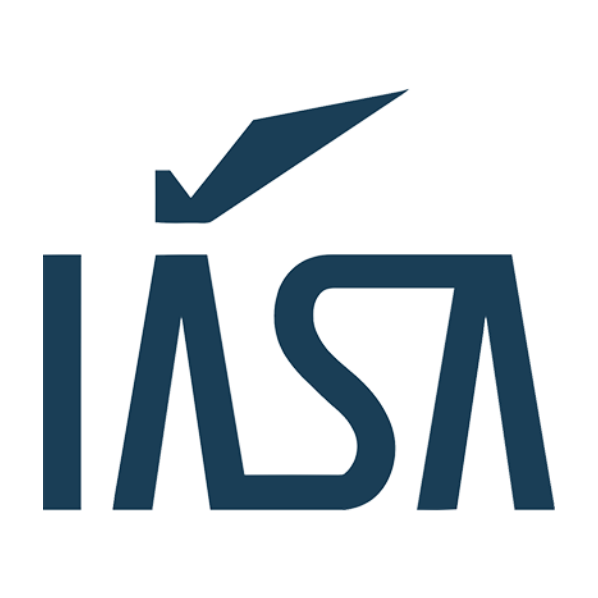No matter what situation the world is tackling, or industries are facing, one thing is for sure, there will always been a need for a new workforce and there will always be a young workforce ready to work. Being the perfect candidate for a job is not just about having the most experience or the best CV, it is also about how you present yourself, how you communicate with others, but most importantly, the type of person you are.
Applying for a job is something many students are used to, whether it be for work-placement during school, a part-time job to pay for college or an internship as part of a college course. CVs are something all of us have sitting in a folder on our laptops waiting for the day we need a job, but that is the first mistake a student has made. CVs need to be up-to date and students should update it regularly to ensure that the little voluntary roles they take up or the minor achievements they accomplish are not forgotten and they can present the best version of themselves as possible on this piece of paper.
Some students may think that their CV should be 2/3 pages and include every single detail about themselves, but that is not always the case. Hundreds of people may have applied for the same position as you, so you do not want the employer to come across your 3-page CV and not bother reading it because it is too long. A 1 page, organised and well-presented CV tailored towards the role you are applying for often catches an employer’s attention, making sure they read it and don’t just skip it. List, don’t paragraph your relevant experience and relevant hobbies and do not include personal information which can lead the employer to discriminate based off your CV (i.e. a photograph (unless stated), marital status, gender, sexual orientation etc…)
Next, if you are lucky enough to have been successful in the CV screening stage, be prepared to do an assessment of some sort. Online assessments or assessment days are becoming more and more common lately, with many employers using it as a means of cutting down large numbers of candidates. These assessments often focus on numerical reasoning, verbal reasoning, situational awareness and can often be specific to the job depending on the level of experience required. A large number of these assessments can be practiced online or by using various books and it is extremely important that these assessments are prepared for in advance to maximise your chance of progressing to the interview stage.
Finally, if you manage to get to the interview stage, there is something about you that the employer likes from your CV or you have managed to beat other candidates in the assessments, therefore you should feel confidant during your preparations for an interview and not panic. Interviews can be in a number of different forms; online, face-to-face or group. No matter which form you are coming up against, preparation is key.
Starting off with the company/organisation and the role you are applying for, it is vital that you know the history of the company/organisation, what they do and furthermore find out as much details about the role as possible; the responsibilities, shifts, possible progressions. As always, be as passionate about the role and the industry as possible, making sure that when you are asked why you want to join this company, you are able to give an answer and make sure that your interest is portrayed through your body expressions (i.e. hand gestures and facial expressions) whilst making sure you do not become jittery and start tapping or shaking.
As with any interview, be prepared to talk about yourself. Going into any interview, you should be able to take your life/work experiences and extract common situations such as dealing with a difficult person, resolving a conflict, working in a team or working under pressure. Be prepared to give examples, however, it is important that during an interview you do not use fully prepared answers and ensure the interview remains like a conversation. In addition, everyone entering an interview must know their own strengths and have these prepared, however, not everyone will know their weaknesses. Being able to identify a weakness represents a high level of self-awareness and employers often like this level of honestly. Be able to discuss this weakness in detail and discuss a way you are overcoming this weakness, i.e. if you cannot speak in public say mention how you are overcoming this.
Finally, people often tend to prepare so much for an interview and try to be the perfect candidate that come across different to how to would want. Preparation is key, but employers want to know you, not the person you think they want.
Be yourself! Give your best! Do these two things and you can be proud of your application!

























